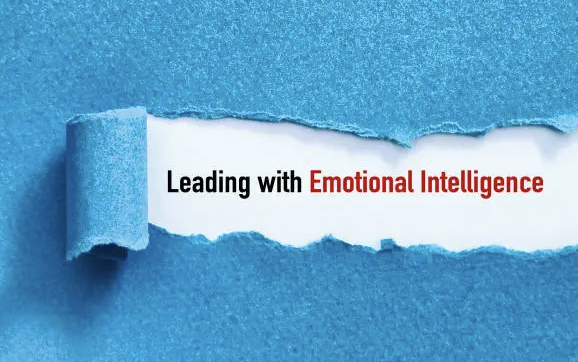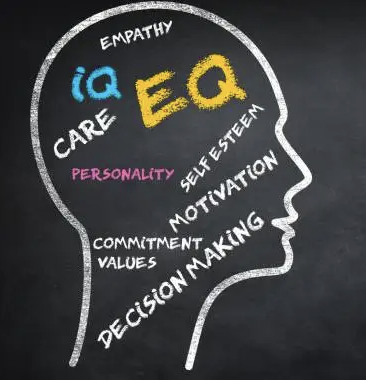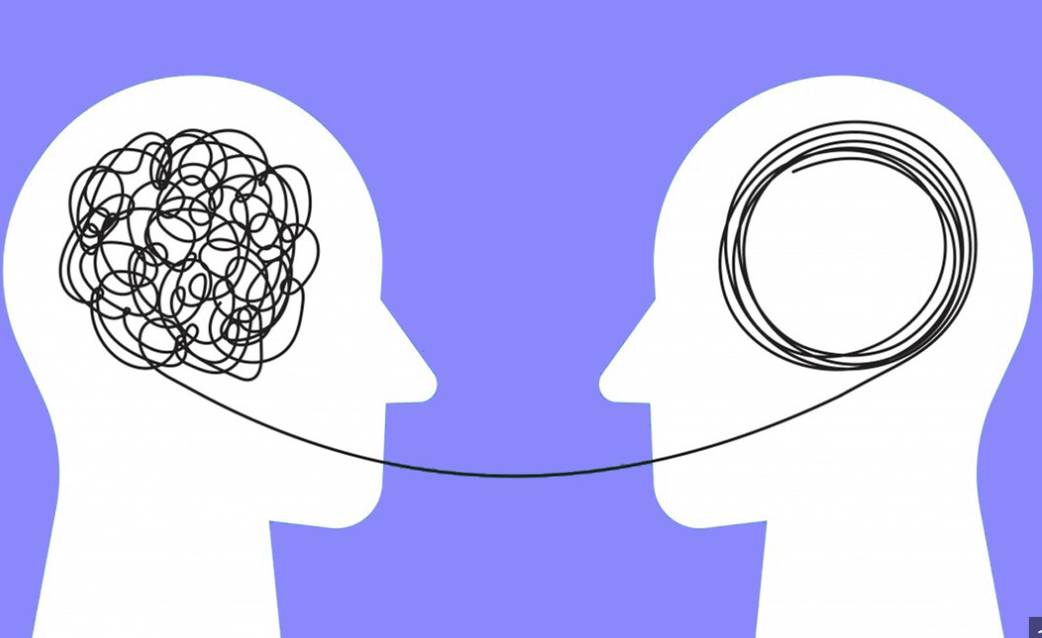
Relationships are about more than just love. They require connection, understanding, and growth. Emotional intelligence (EI) is the skill that makes all these happen. It’s not just a trendy concept. It’s what helps relationships thrive.
Emotional Intelligence: What It Is
Emotional intelligence is the ability to understand and manage your own emotions while recognizing and influencing the emotions of others. Daniel Goleman, a pioneer in the field, identified five key components: self-awareness, self-regulation, motivation, empathy, and social skills. These are the building blocks of successful relationships.
Emotional Intelligence and Communication
Good communication is the cornerstone of any relationship whereas emotional intelligence enhances this skill by encouraging understanding beyond words. When you have high EI, you don’t just talk; you listen and connect. It helps you decode what your partner might not say out loud. This deepens mutual understanding and prevents miscommunication.
High EI means using “I feel” statements instead of accusatory phrases like “You never.” This change shifts the tone of discussions and reduces defensiveness. If you’re looking for practical steps on how to improve communication with emotional intelligence.
Emotional Intelligence Builds Trust
Trust is the backbone of any relationship. Emotional intelligence helps build and maintain it. People who practice self-regulation avoid impulsive, hurtful reactions. However, they think before they speak. This approach fosters reliability and emotional safety.
Empathy is equally vital. It’s the ability to understand and share the feelings of your partner. By practicing empathy, you can support each other better, making trust stronger.
Emotional Intelligence Reduces Conflict
Conflicts happen but EI changes how you handle them. People with high EI pause before reacting. They recognize their emotions, process them, and respond thoughtfully. This helps small arguments from turning into major fights.
According to Dr. James Gross, emotional regulation is key. Recognizing and naming your emotions helps keep them in check, which can defuse tension.
Emotional Intelligence Strengthens Bonds
Empathy, a core part of emotional intelligence, creates stronger emotional bonds. It’s not just about saying, “I understand,” but about truly feeling with your partner. Practicing empathy makes your partner feel valued and heard. This deepens your connection and resilience as a couple.
Show empathy by staying present, nodding, and validating your partner’s emotions. Empathy is the glue that keeps relationships strong, as shown in studies by the American Psychological Association.
Growing Emotional Intelligence Together
Emotional intelligence is not static. You can build it over time. Try practices like mindfulness to improve self-awareness. Reflect on your daily emotional experiences and share them with your partner. Discuss what triggered certain feelings and how you handled them. This exercise builds both emotional intelligence and your relationship.
Emotional regulation skills, such as pausing before reacting or discussing emotions openly, can be developed together. Mindfulness practices are especially effective for this and can be learned through simple exercises.
Emotional Intelligence for Relationship Longevity
Couples with high emotional intelligence often experience longer and more satisfying relationships. They communicate effectively, manage conflicts calmly, and support each other through change. moreover emotional intelligence makes them adaptable. As shown in research by Dr. John Gottman, emotional awareness helps partners navigate life’s challenges and keep intimacy strong. Learn more about maintaining healthy relationships through emotional intelligence from the Gottman Institute.
Conclusion
Emotional flexibility means recognizing when an automatic emotional reaction might not serve the relationship well and choosing a more beneficial response. This adaptability prevents partners from becoming trapped in reactive cycles that damage trust and intimacy.
Positive psychology shows that couples who exhibit high levels of emotional intelligence are more likely to use constructive strategies during disagreements. For instance, emotionally intelligent individuals employ self-soothing techniques to calm down when conflicts escalate. This helps them stay engaged in the conversation without succumbing to the “fight or flight” response that often undermines communication.
Moreover, emotional intelligence includes meta-emotion, which refers to how people feel about their feelings. For example, one partner might be angry not just because of an argument, but because they feel ashamed of being angry. Understanding this concept helps couples develop compassion for each other’s emotional layers, fostering a more supportive and safe environment. the best part? It’s a skill you can develop.
Where should i start from?
Start today by reflecting, pausing, listening, and growing. You’ll notice the positive impact on your relationship.Begin with simple mindfulness exercises or take a relationship workshop focused on emotional growth. Your future self—and your partner—will thank you.







[…] texting you when you’re at work or pushing you into situations you’re not comfortable with. Healthy relationships require mutual respect for personal space, both physically and […]
[…] together. But what exactly does it mean? It’s about having similar values, communication styles, emotional needs, and even goals. This doesn’t mean you have to agree on everything, but shared understanding and […]
[…] simply hearing your partner’s words—it’s about truly understanding and connecting with their emotions. When empathy is present, it strengthens the bond between partners, fostering trust, intimacy, and […]
[…] StylesYour attachment style—how you relate to others emotionally—can also play a big part in how you experience sexual intimacy. For example, those with anxious […]
[…] ever met someone and felt an instant, unexplainable connection? It’s often because there’s an emotional resonance—when someone’s emotional state matches yours, or they reflect feelings you’ve […]
[…] Emotional intimacy is the heart of a healthy romantic partnership. Sharing your fears, aspirations, and flaws allows for deeper understanding. Vulnerability also helps couples navigate conflicts with honesty instead of defensiveness. […]
[…] insecurities, personal growth doesn’t happen in isolation. It’s intertwined with how we connect, communicate, and share our lives with others. So, how do we navigate growth in relationships while […]